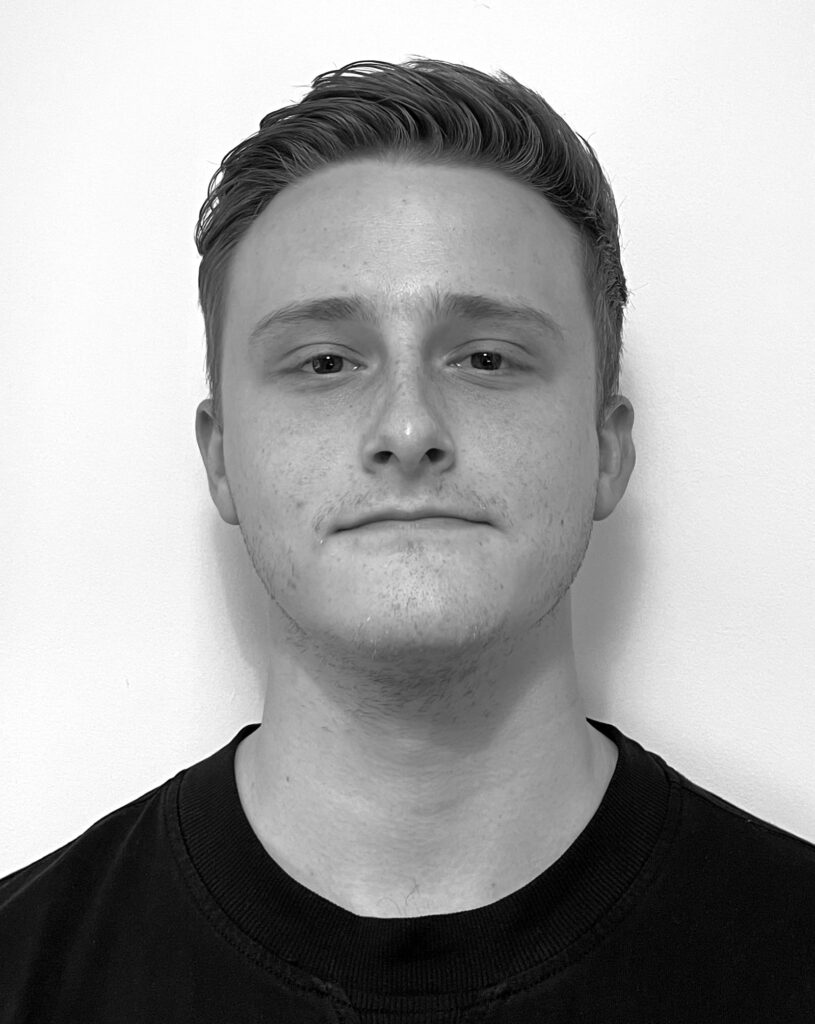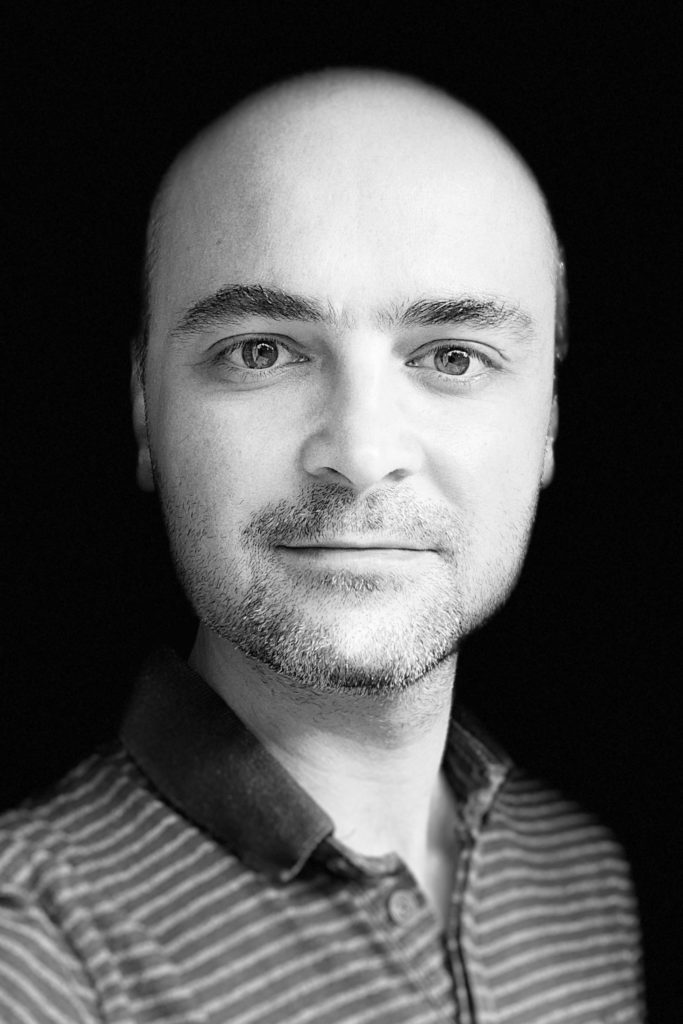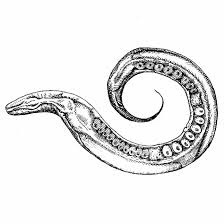Current Lab Members







Dr Alper Akay
UKRI Future Leaders Fellow / Principal Investigator
I studied Biology at the Middle East Technical University, Türkiye and did an MSc in Molecular Biology at the University of Amsterdam. I then moved to Scotland, where I did my PhD on RNA-binding proteins and non-coding RNAs in C. elegans at the laboratory of Anton Gartner. During my postdoctoral research with Eric Miska at the Gurdon Institute, University of Cambridge, I explored multiple RNA-mediated gene regulatory mechanisms, including small silencing RNAs, long non-coding RNAs and RNA modifications. I am particularly interested in how RNA regulates essential processes in the cell and how RNA functions as a signalling molecule during developmental processes.
2012 – 2019 Postdoctoral researcher at the Gurdon Institute, University of Cambridge
2007 – 2012 PhD at the University of Dundee, Anton Gartner’s lab
2005 – 2007 MSc at the University of Amsterdam
2000 – 2005 BSc at the Middle East Technical University

Dr Tim Pearson
Senior Research Associate
I studied physiology at Southampton University and neurobiology at Durham University. After that, my postdoc positions have related to research in areas of; CNS oxygen deprivation and adenosine (stroke model), obstetric research into pre-mature labour (and IUGR, pre-eclampsia) and skeletal muscle research studying sarcopenia/ageing and the role of ROS, amino acid transport and satellite cells.
Publications
−Enhanced small neutral but not branched chain amino acid transport after epigenetic sodium coupled neutral amino acid transporter-2 (SNAT2) cDNA expression in myoblasts. Pearson, T., Wendowski, O. & Powell, P. (2021). Jnl of Cachexia, Sarcopenia and Muscle. 12(3): 811-822.
−The WD and linker domains of ATG16L1 required for non canonical autophagy limit lethal influenza A virus infection at epithelial surfaces, Wang, Y., Sharma, P., Jefferson, M., Zhang, W., Bone, B., Kipar, A., Bitto, D., Coombes, J., Pearson, T., Man, A., Zhekova, A., Bao, Y., Tripp, R., Carding, S., Yamauchi, Y., Mayer, U., Powell, P., Stewart, J. & Wileman, T. EMBO (2021) 40(5):e105543.
−The ATG5-binding domain and coiled coil domains of ATG16L1 maintain autophagy and tissue homeostasis in mice independently of the WD domain required for LC3 associated phagocytosis. Rai, S., Arasteh, Jefferson, M., Pearson, T., Wang, Y., Zhang, W., Bicsak, B., Divekar, D., Powell, P., Nauman, R., Beraza, N., Carding, S., Florey, O., Mayer, U. & Wileman, T. Autophagy (2018) 15(4): 599-612.
−The role of eEif6 in skeletal muscle homeostasis. Revealed by endurance training co-expression networks. Clarke, K., Ricciardi, S., Pearson, T., Bharudin, I., Davidson, P., Bonomo, M., Brina, D., Scagliola, A., Simpson, D., Beynon, R., Khanim, F., Ankers, J., Sarzynski, M., Gosh, S., Pisconti, A., Rozman, J., Hrabe de Angelis, M., Bunce, C., Stewart, C., Egginton, S., Caddick, M., Jackson, M., Bouchard, C., Biffo, S. & Falciani, F. Cell Reports (2017) 21(6):1507-1520.
−Long-term administration of the mitochondria-targeted antioxidant mitoquinone mesylate fails to attenuate age-related oxidative damage or rescue the loss of muscle mass and function associated with aging of skeletal muscle. Sakellariou, G., Pearson, T., Lightfoot, A., Nye, G., Wells, N., Giakoumaki, I., Griffiths, R., McArdle, A. & Jackson, M. FASEB. (2016). fj.201600450R.

Katarzyna Hencel
Senior Research Associate
I studied at the University of Dundee, receiving a Bachelor of Science degree in microbiology. During my studies, I carried out several projects in Dr Sarah Coulthurst’s lab, whose group focuses on studying the type VI secretion system in Serratia marcescens. I will investigate how metabolism regulates RNA modifications in C. elegans during my PhD project.

Aykut Shen
PhD Student – BBSRC NRPDTP
I completed my BSc at the University of Dundee, Scotland, in Biological Sciences, focusing on bioinformatics. Through the James Black student internship in the Holden Lab at the James Hutton Institute, I had an opportunity to contribute to a project which aimed to improve the new practice of producing foods and medicines, the vertical farms. I completed my honours project in the Simpson Lab in the division of gene regulation and expression, focusing on identifying and characterising non-coding RNAs in the plant model Arabidopsis thaliana. I will use RNA sequencing technologies during my PhD to study RNA modifications and splicing.

John Williams
PhD Student – BBSRC NRPDTP
I completed my undergraduate at the University of East Anglia. My final year project was at the Earlham Institute. I started my BBSRC-funded NRPDTP PhD project in October 2023. During my PhD, I will study how modified RNAs and RNA-modifying enzymes are deposited to oocytes.

Max Brown
PhD Student – BigC Cancer Charity

Ekemini Okon
PhD Student – BBSRC MMBDTP
I completed my undergraduate studies at Landmark University, Nigeria, and went on to earn two master’s degrees from the University of Stirling (UK) and Ghent University (Belgium) through the Commonwealth and Erasmus Mundus scholarship programmes. I began my MMB DTP funded PhD in October 2025, where my research focuses on bacterial metabolites that can alleviate vitamin B12 deficiency, using Caenorhabditis elegans as a model organism.

Juliet Ibuchim Agu
MSc by Research student
Alumni
Gulcin Baykal – Erasmus student
Dr Roberta Skukan
Dr Aduragbemi Adesina
Samantha D’Asaro
Master’s students
2025
Eman Almototah
2024
Matthew Hammond
Research Project Students
2022
Aaron Stokes – Bacterial mutagenesis
Benjamin Garnham – Detection of m6A modification on RNA
2023
Jamie Bartram – piRNA pathway
Amy Alford – Dauer effects on phenotypes
Helen Ireland – Vitamin B12
Maria Pinar Saenz de Miera – m6A detection
2024
Isabel Potteril – RNA splicing
Haider Bashir – RNA splicing
Paddy McKenna – mutagenesis
2025
Connor Mccausland – gene expression and B12
William Strevens – gene expression and B12
Alexander Williams – gene expression and B12
Issy Collins – nanopore sequencing
2026
Cansin Oztan – gene expression and B12
Jan Prokop – gene expression and B12
